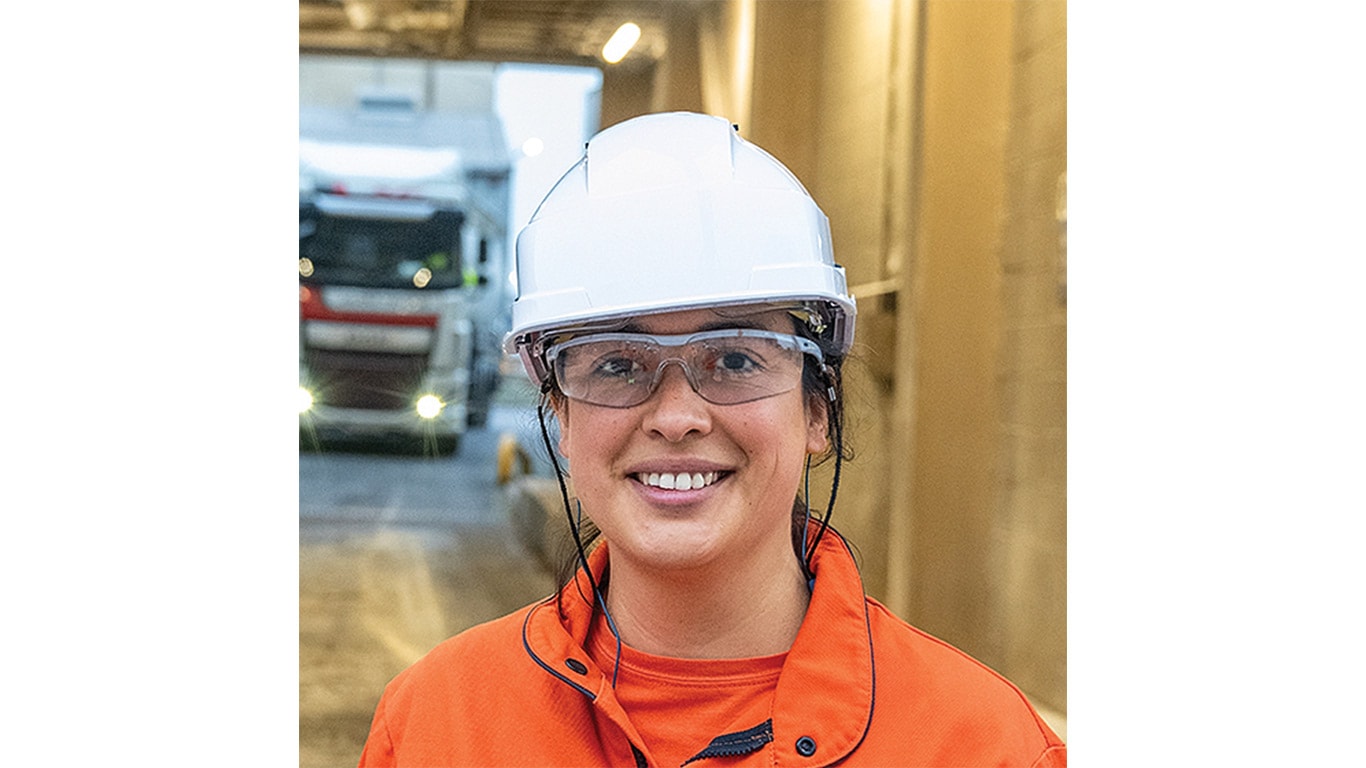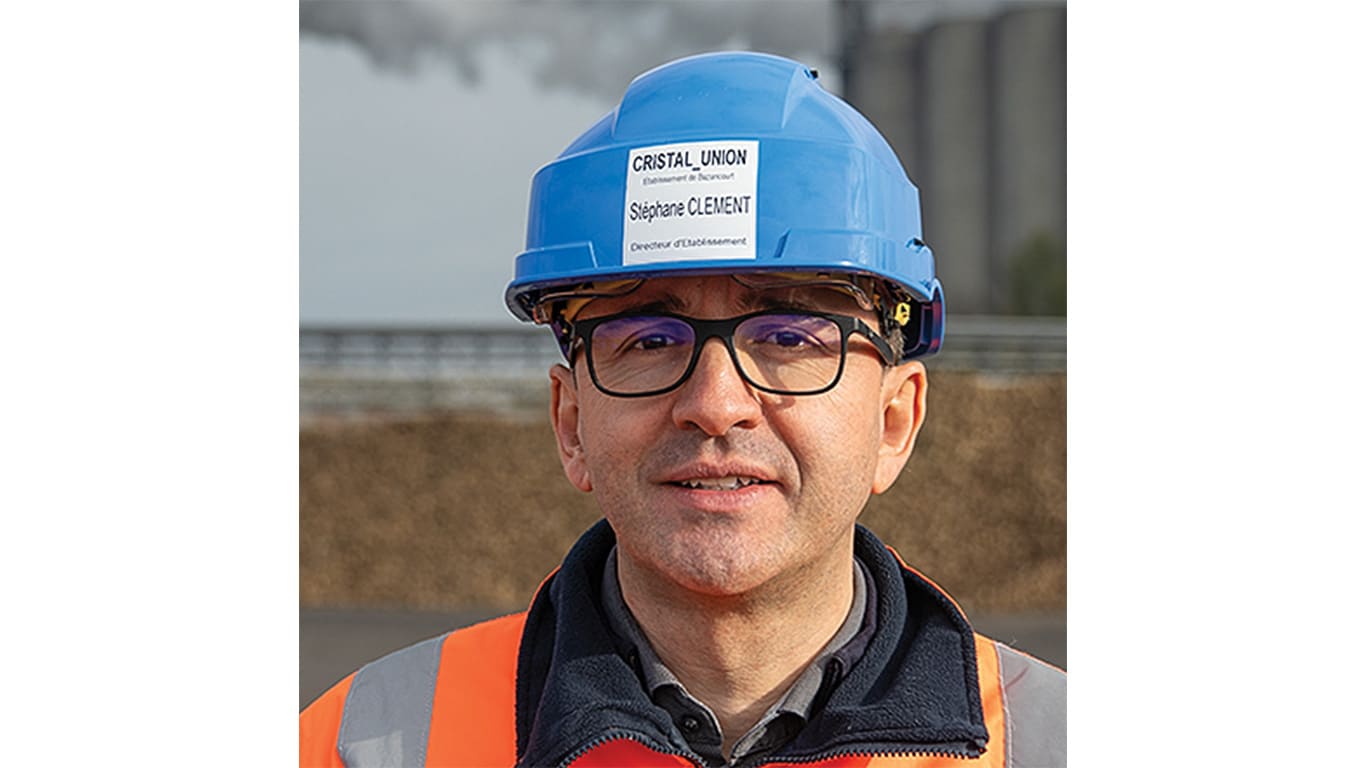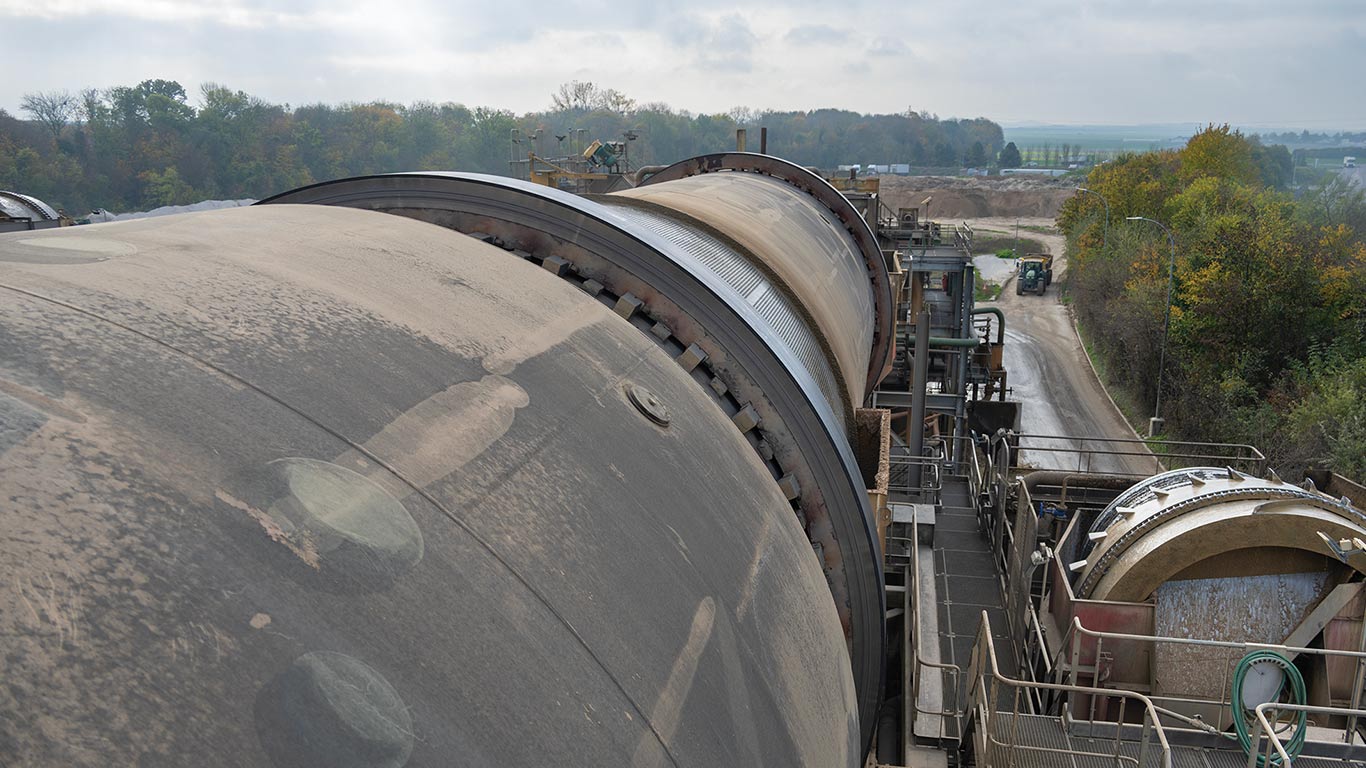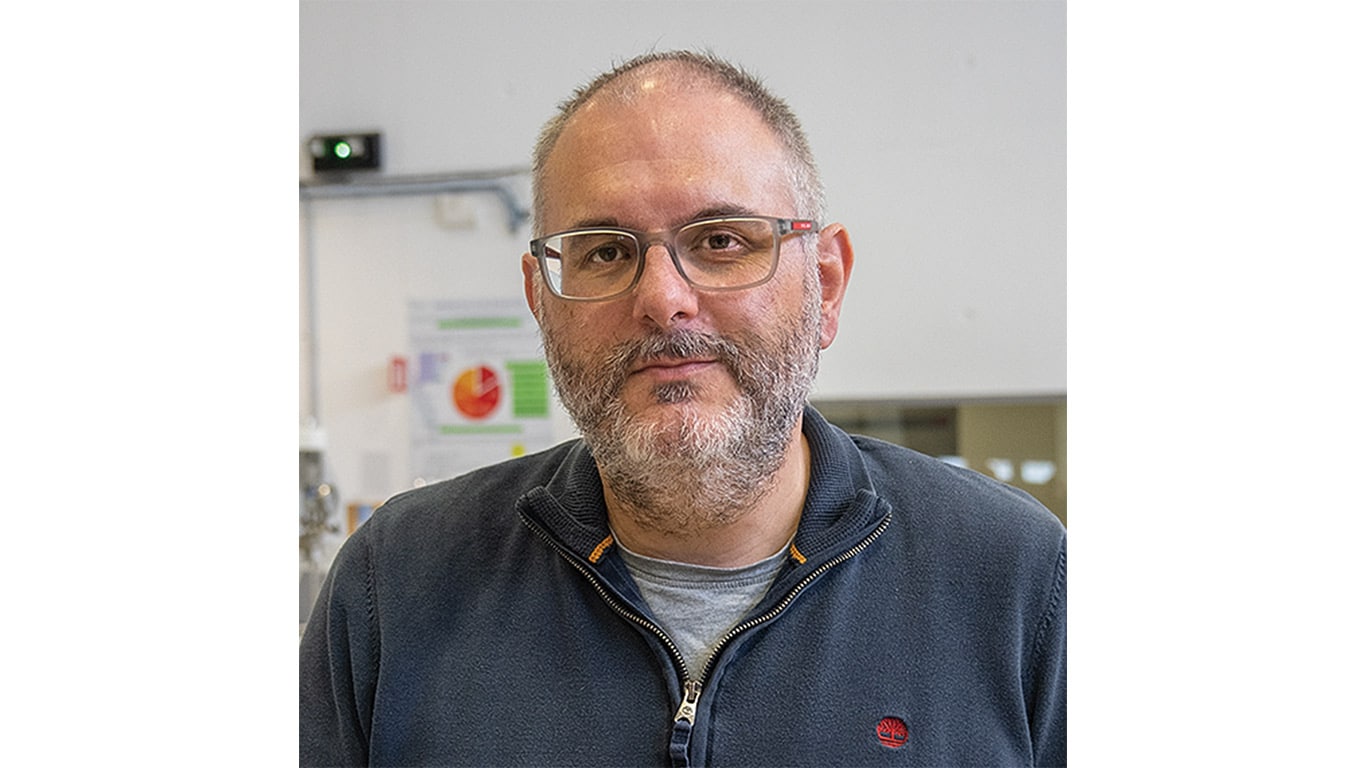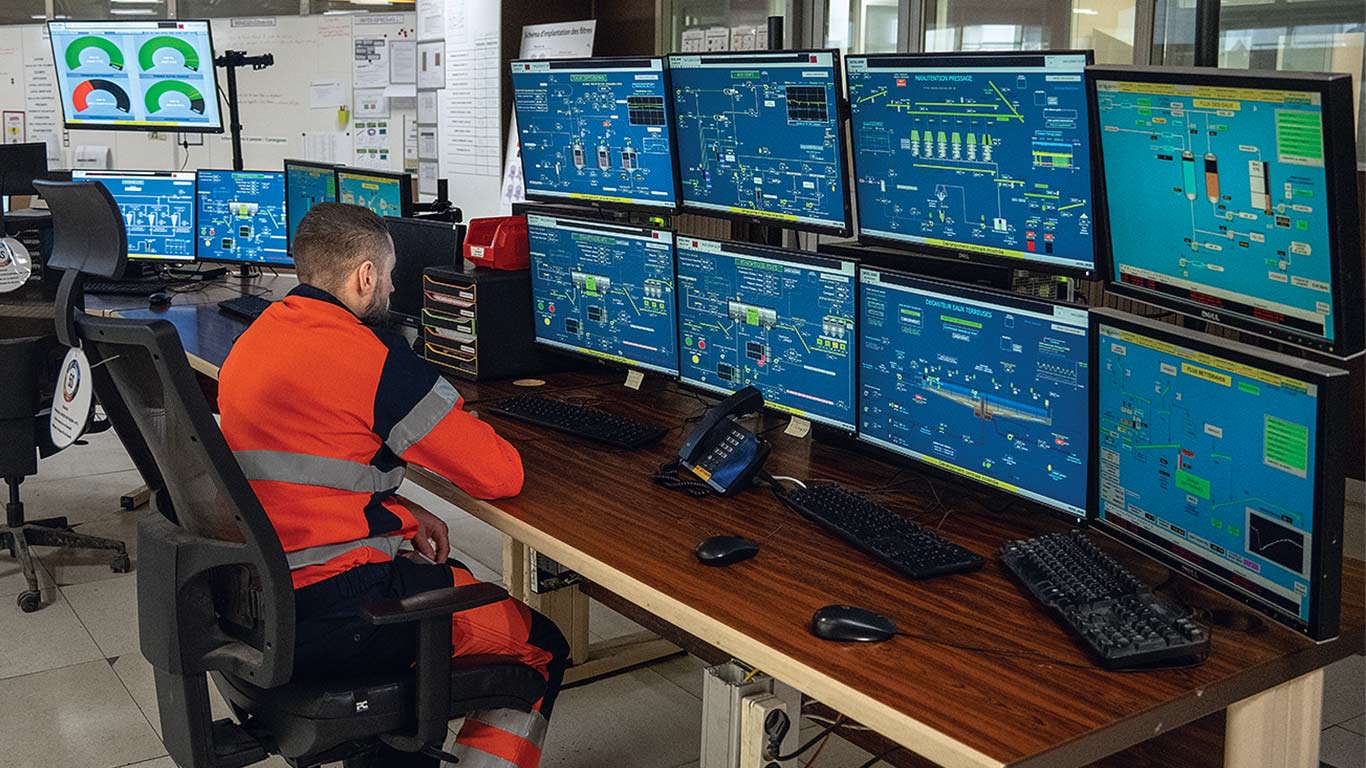Agriculture, Sustainability September 01, 2025
Combined Energy
Processors team up to improve efficiency and look to the future
by Steve Werblow
There's an amazing amount of energy at the biorefinery complex at Bazancourt-Pomacle. It's not just the vast flow of biofuel or the steaming chimneys of the processing facilities clustered in the French countryside. It's the energy of a shared mission to turn local crops into higher value products using biological processes like fermentation and enzymatic action.
"We want to go from biomass to bio-based products using sustainable processes," says Florent Allais at the European Center for Biotechnology and Bioeconomy (CEBB), the complex's research center.
The project started with a sugar beet refinery built in the 1950s. Now a massive Cristal Union sugar mill, it is the heart of a complex that weaves together 12 companies and a world-class research facility.
ADM creates glucose syrup, gluten, and starch from local wheat. Wheatoleo turns wheat into bi0-based surfactants. Cristanol transforms wheat and beet residues into bio-ethanol and highly refined alcohols for food and industry, while the carbon dioxide generated in the distillery is captured and compressed by Air Liquide to help produce soft drinks all over Europe. Meanwhile, Swiss fragrance company Givaudan turns plant material into hyaluronic acid and fine chemicals for top-shelf beauty products.
A push for efficiency links the companies of Bazancourt-Pomacle, too. Steam and waste heat are shared among facilities to reduce energy costs. Water squeezed from sugar beets is filtered and used in nearby processes. Heat from the sugar beet dryers is routed to dehydrate beet pulp and alfalfa for more than 65,000 metric tons of animal feed.
Nothing is wasted.
"One hundred percent of the plant is being recovered," notes Allais. "We recycle residues and water, we use the water to irrigate and make steam and so on."
Above. ADM's Gregory Coutelle and Carolina Aravena (first and second photos) lead a team that refines 150 products from wheat. President Olivier de Bohan (third photo) and plant director Stephane Clement of Cristal Union (fourth photo). Cristal Union's massive sugar beet dryer is among many stages of refining that gain efficiency from recycling and sharing resources. Florent Allais does research at the CEBB facility. A worker monitors Cristal Union's systems.
Local. The farmers surrounding the biorefinery complex feed the system with local crops. Within 30 miles of Bazancourt, growers harvest 6 million metric tons of sugar beets and 3 million metric tons of wheat, plus rotation crops of alfalfa. Of that bounty, 850,000 metric tons of wheat, 2.5 million tons of sugar beets, and 500,000 tons of wood are processed annually at Bazancourt-Pomacle, and 130,000 metric tons of alfalfa and beet pulp are dried.
Olivier de Bohan, who farms 1,200 acres of sugar beets, wheat, alfalfa, rapeseed, and barley near the village of Bourgogne-Fresne, is president of Cristal Union. He says the biorefineries are vital to the profitability of local farms, which crop shallow topsoil over deep chalk on fields that were once just lean, remote pastures.
"Here in this region, industrial farming is quite new—it's just 100 years old," de Bohan explains. "Before that, it was a very poor region because it is far away from the ports. The farmers gathered together through cooperatives to develop processing units. Through the processing plants, they were able to have a large variety of rotating crops—up to 8 different crops.
"And since they employ local people, it makes all those plants much more acceptable to the society around," he adds.
Research. Tomorrow's opportunities are the focus of Bazancourt-Pomacle's CEBB research center and ARD pilot lab, which bring together resources and brainpower from industry, regional governments, universities like AgroParisTech and the Université de Reims, and researchers from dozens of nations. The research lab includes fermentation and biorefining equipment for batches ranging from single vials of product to 79,000-gallon loads. It's a "biofoundry" where researchers invent and test novel molecules. Bazancourt's processors use it to develop new processes; it's also an incubator for bio-based start-up enterprises.
"We create several new compounds and do a lot of lifecycle analysis," says Allais. "We also look at the environmental impact, investment cost, social impacts, and so on. So we look at the bio-economy as a whole—not only the production or the biomass, but as a whole." ‡
Read More

AGRICULTURE, EDUCATION
Greener Rice
Ecological and economic sustainability make a big impact on small fields.

AGRICULTURE, SPECIALTY/NICHE
Hot Commodity
Quebec farm strives to be a one stop pepper source for chili heads.



